Triumph For Modi's BJP As Indian Holy Site Awarded To Hindus
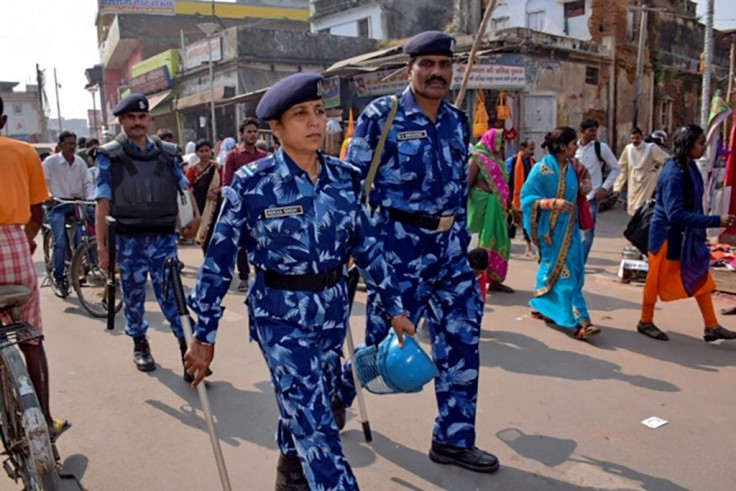
India's top court handed a huge victory to Prime Minister Narendra Modi's Hindu nationalist party on Saturday, awarding Hindus control of a bitterly disputed holy site that has sparked some of the country's worst sectarian bloodshed.
Authorities stepped up security nationwide for the decision and Modi called for calm, fearing the final ruling on an issue that has been a focal point of Hindu-Muslim tensions for decades could again trigger unrest.
By late Saturday no incidents had been reported.
The Supreme Court ruled that the site in Ayodhya in northern India, where Hindu mobs destroyed a 460-year-old mosque in 1992, must be managed by a trust to oversee the construction of a Hindu temple.
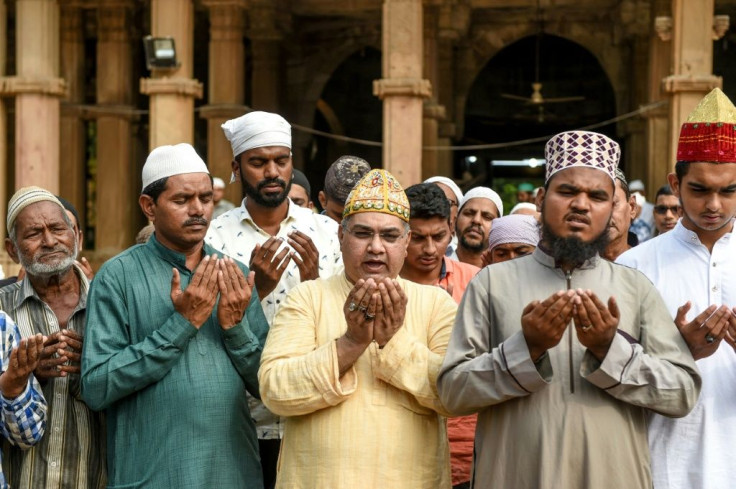
A separate piece of land in Ayodhya would be given over to a Muslim group to build a "prominent" new mosque, the court ruled in its hotly awaited 1,045-page verdict.
As delighted Hindu activists chanted outside the Delhi court, Ayodhya itself was barricaded with thousands of extra security personnel, including riot police deployed, and all gatherings banned.
Police were on alert across India while officials and volunteers scoured social media for inflammatory posts. Internet access was suspended in the city of Aligarh, home to a large Muslim minority.
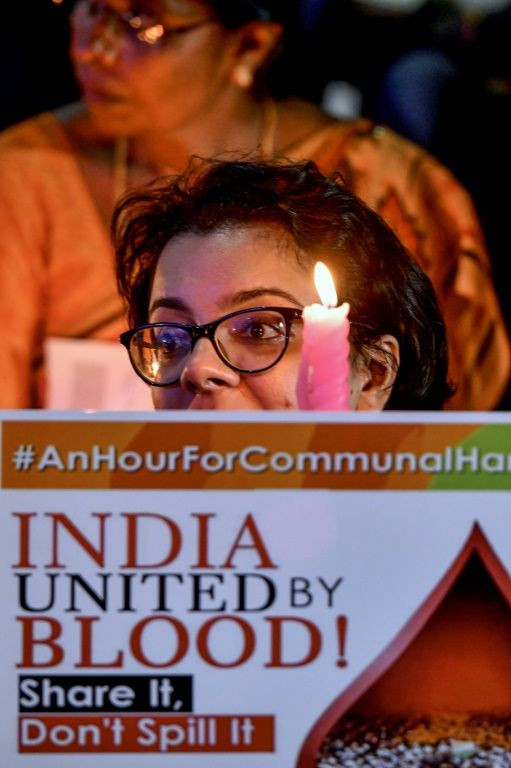
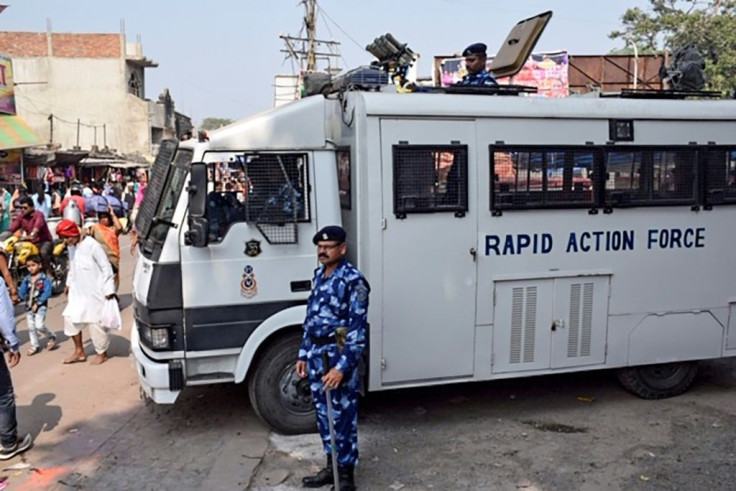
Devout Hindus believe that Lord Ram, the warrior god, was born in Ayodhya some 7,000 years ago but that a mosque was constructed on top of his birthplace in the 16th century.
In the 1980s, as Hindu nationalism and the Bharatiya Janata Party (BJP) began to strengthen, pressure grew for the mosque to be replaced by a glorious new Hindu temple at the 2.8-acre (1.1-hectare) site.
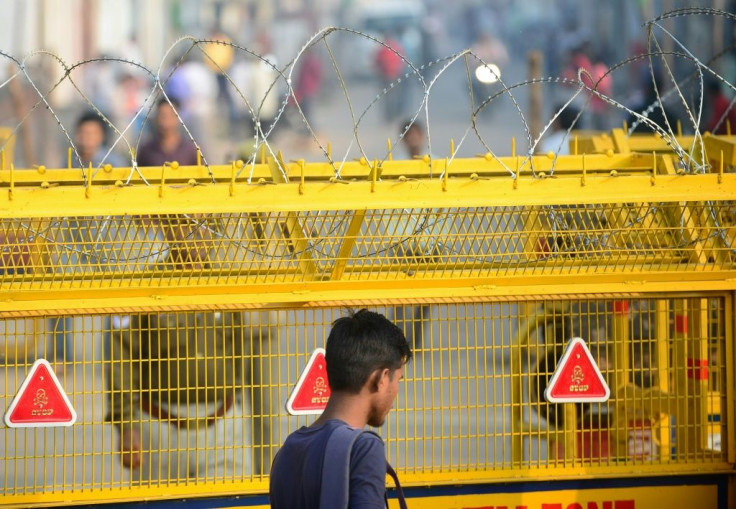
In 1992, a Hindu mob estimated to number 200,000 reduced the mosque to rubble, unleashing some of the worst religious riots since independence, killing some 2,000 people, mostly Muslims.
In 2002, after 59 Hindu activists died in a blaze on a train from Ayodhya, riots in Gujarat state -- when Modi was its chief minister -- saw upwards of 1,000 people perish, again largely Muslims.
The verdict, it is hoped, will put an end to a decades-old legal wrangle.
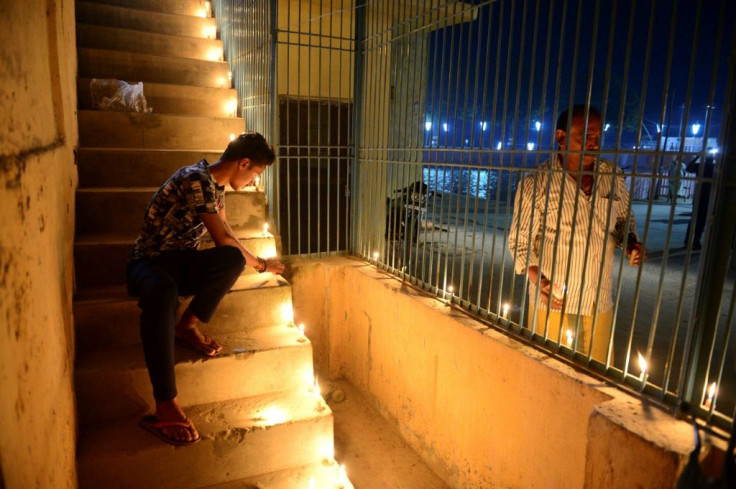
Zafaryab Jilani, a lawyer representing one of the Muslim litigants, said however that it was "unjust" and was considering filing a review petition.
"Now, finally, the talk around it and even the politics around it will stop," Shubham Maheshwar, 25, an Ayodhya resident whose family lives 400 metres (yards) from the site, told AFP.
Modi's BJP has campaigned for years for a temple at Ayodhya, and the verdict will delight the prime minister's supporters just months into his second term.
But it will also send shudders through some in the 200-million-strong Muslim minority.
The BJP owes its origins to the Rashtriya Swayamsevak Sangh (RSS), a militaristic group that has long espoused "Hindutva", or Hindu hegemony in officially secular India.
Under Modi, a former RSS cadre, Islamic-sounding names of several cities have been changed, while some school textbooks have been altered to downplay Muslims' contributions to India.
There has been a string of lynchings of Muslims by Hindu mobs over cows, sacred for many Hindus, and other hate crimes including Muslims forced to perform Hindu chants.
New Delhi also stripped Jammu and Kashmir of its autonomy, India's only Muslim-majority state, something Modi insisted was to foster development and end decades of violence.
Pakistan's Foreign Minister Shah Mehmood Qureshi said that the verdict has "plunged the Muslims of India into uncertainty and exposed them to a lack of security and protection."
India's foreign ministry responded that Pakistan's "pathological compulsion to comment on our internal affairs with the obvious intent of spreading hatred is condemnable."
"The halls of justice have amicably concluded a matter going on for decades," Modi tweeted. "This verdict shouldn't be seen as a win or loss for anybody."
str-abh-bb-burs-stu/ind
© Copyright AFP 2024. All rights reserved.




















